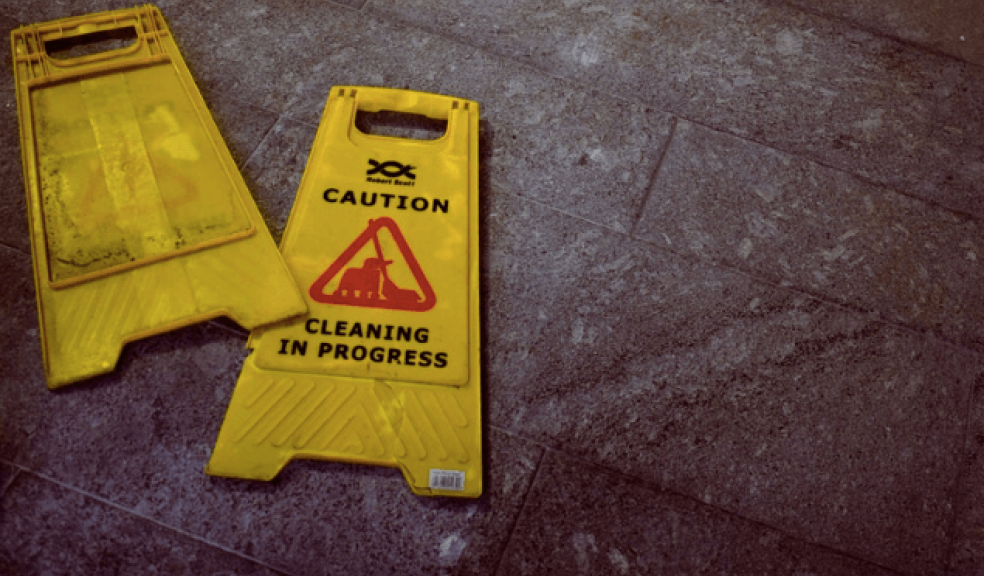
Best Practices for Commercial Buildings Cleaning in Winter
Winter provides the most challenging time of the year due to the numerous maintenance schedules to ensure all systems in commercial facilities and buildings work well.
Therefore, it’s better to prepare for the worst than get caught flat-footed.
This article will focus on the major maintenance tips you can perform by yourself. However, if you aren’t as handy, you can always contact Building Cladding Cleaning to take care of the maintenance in a professional way.
1. Ensure the Heating Systems Work Well
This is the first stop to pull during winter. All heating systems should be in top condition in cold weather. To help you inspect the heating systems, prepare a plan which will guide you through the maintenance tasks. You can space them out after a week, month or year.
You’ll also need to inspect the rooftop units and furnaces. Heat exchangers contain carbon dioxide and if there’s a crack, the poisonous gas can escape into the building. If your furnace is past 10 years old, consider replacing it. You’ll save more, up to 40 percent, with newer and efficient versions. It's worth considering insuring your boiler. You may also want to consider taking out boiler insurance. For example, Hometree offers a good range of plans.
2. Re-calibrate the Thermostats
There’re two ways to save money here. First, re-calibrate the thermostats for the winter. This will ensure the heating systems work in an efficient manner.
Lower the building’s temperature. This is the second way to save some money through the winter. Some studies show you can save money by 1 percent for each degree dropped. However, you don’t want to reduce the temperatures too much to a point it becomes uncomfortable for the occupants.
3. Clear the Gutters
Ensure the gutters remain clear to pave way for running water. Wind may blow leaves and other debris which may collect on the gutters and they can cause a blockage. This will damage the sidings, trim and the roofs.
In addition, still, water can freeze which may lead to leaks. To avoid this, clear the gutters to ensure free flow.
4. Replace the Air Filters
Similar to changing batteries on a smoke detector from time to time, it’s also important to replace the air filters on the HVAC systems as summer starts.
After using air filters for a while, they may get clogged up which reduces its ability to clean air. This can be fatal for people with respiratory conditions. What’s more, the HVAC will have to do more work to pass air through the clogged filter, thus hiking your power bills.
5. Check the Windows and Doors
Insects and pests will try and look for warmer areas during the winter. Their best bet to gain entrance into the building is through the windows and doors. Faulty doors and windows will also allow warm, air to escape while letting in water.
Avoid this by using weather stripping or caulking to seal the gaps on walls, doors, and windows.
6. Inspect the Attic and Roofs
Leaks are inevitable after a while. Nevertheless, catching them before they cause damage will save you a lot of money. Water tends to collect around vents and chimneys. Roofs with low slopes also cause clogged drains.
Be sure to check the attic to avoid heat loss by inspecting the insulation for the correct thickness.
The winter season comes with a number of challenges for building maintenance. Building owners need to contract professionals in order to perform the maintenance and repairs if any.
The key to successful maintenance and repair is by careful planning and scheduling. This will help you to deal with any eventualities caused by the mother nature.











